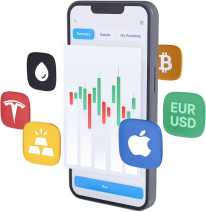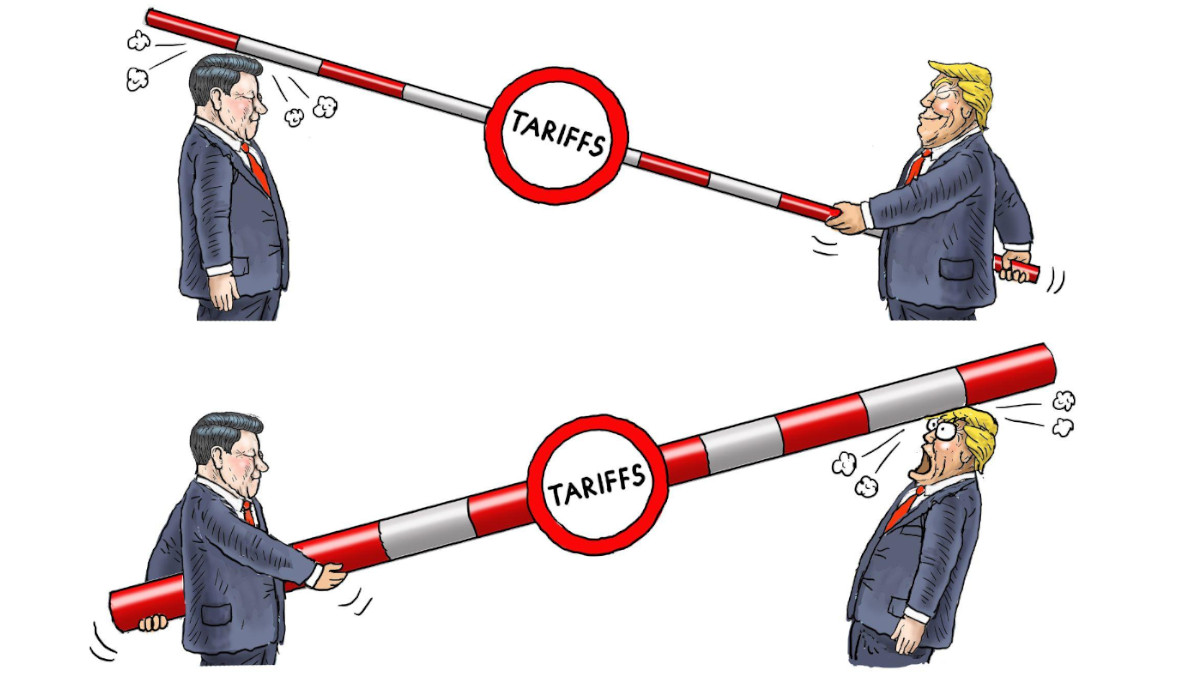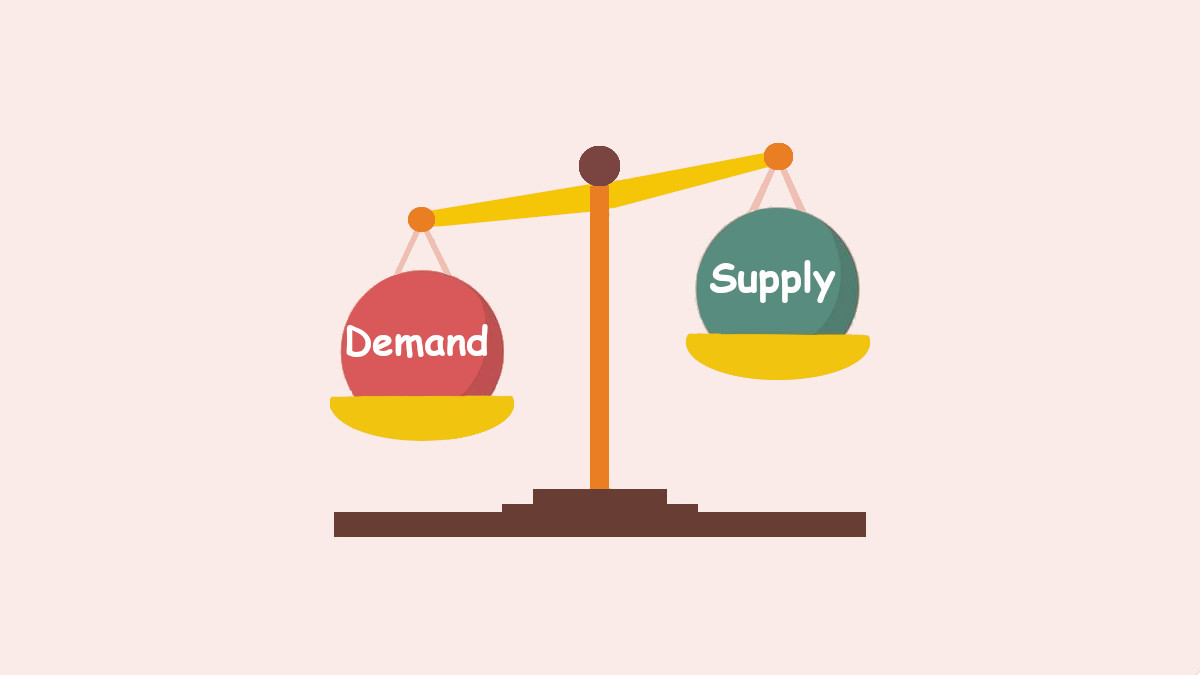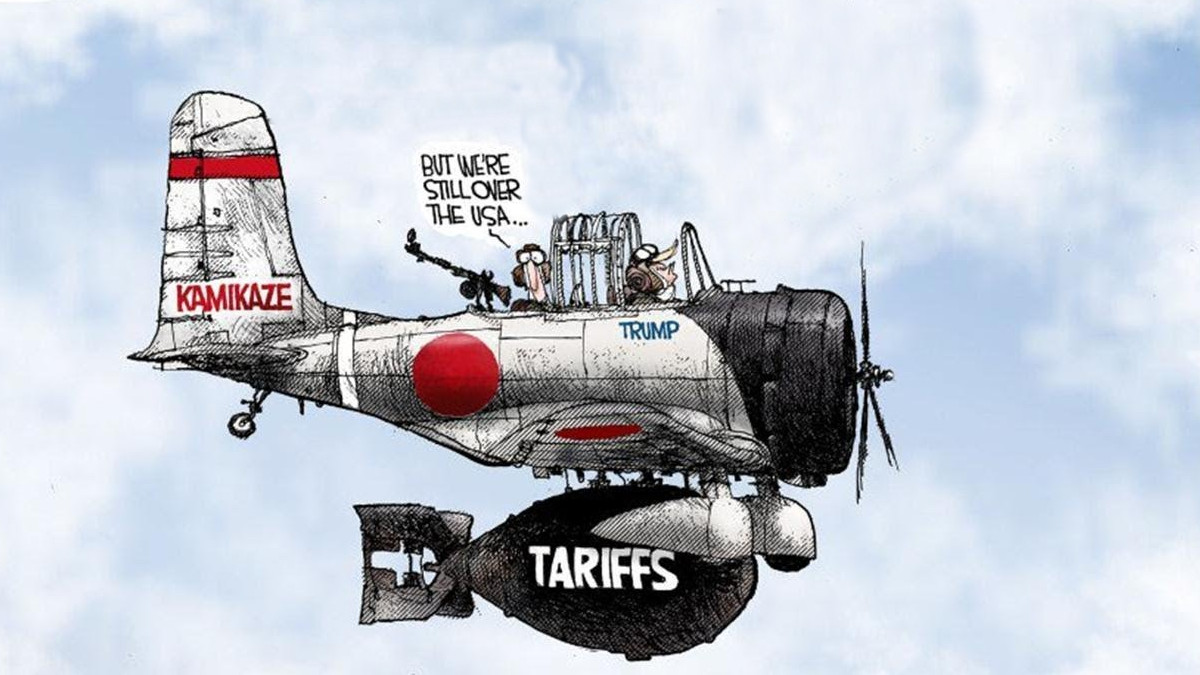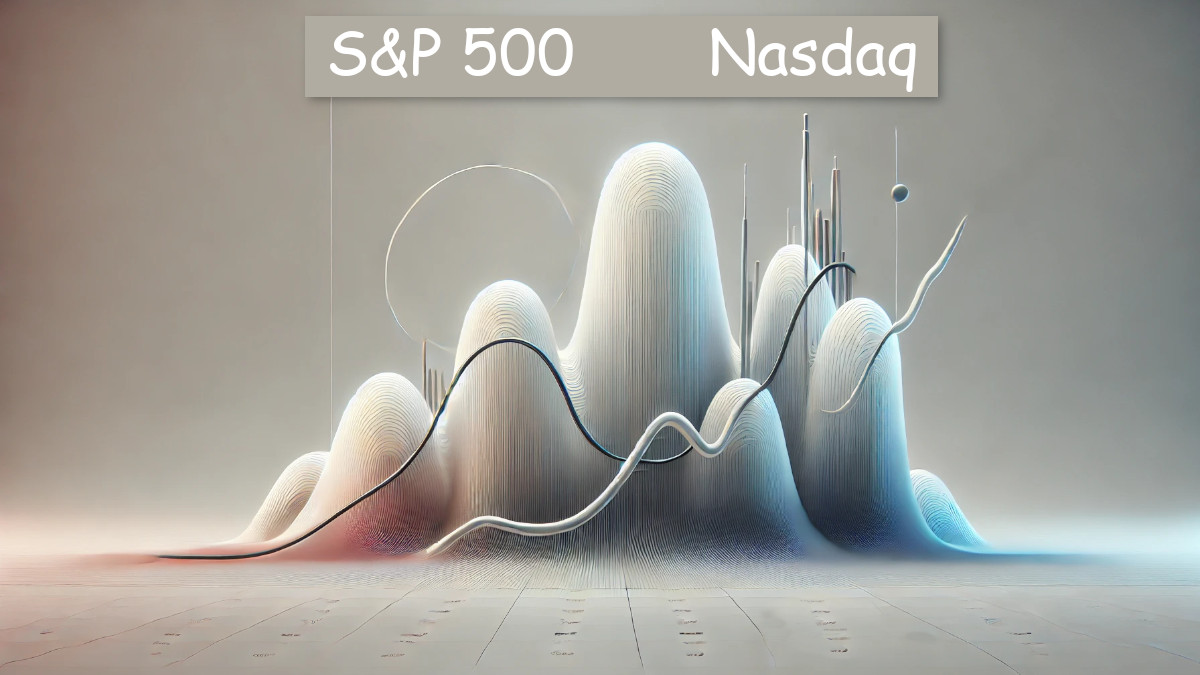US Economic Uncertainty Causes Market Instability
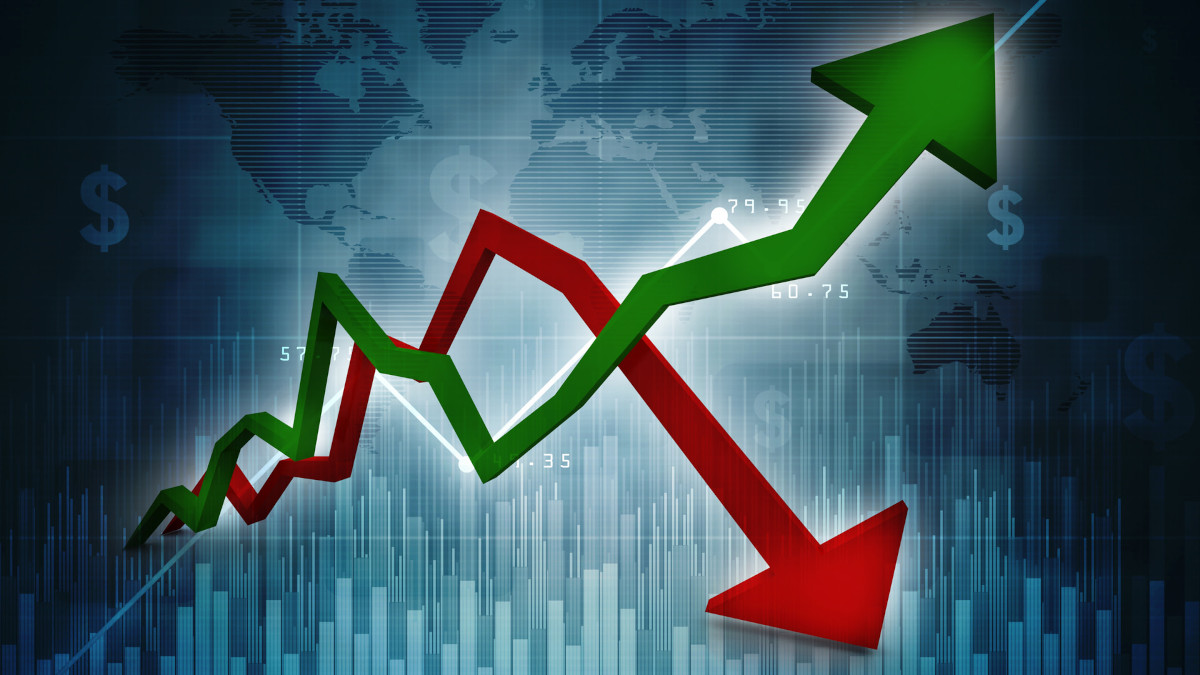
The US stock market experienced a significant downturn on Friday, primarily driven by concerns about the economy's health. The release of employment data, which showed a slower-than-expected increase in jobs, heightened fears of a potential economic slowdown. This uncertainty has rippled through financial markets, causing investors to reevaluate their strategies.
Key Factors Contributing to Market Volatility
- Federal Reserve Policy
The Federal Reserve is expected to cut interest rates at its upcoming meeting, but the recent data has raised questions about the extent of the rate reduction needed to support the economy.
- Economic Soft Landing Concerns
Investors are worried that the Fed may not be able to successfully navigate a soft landing, which involves slowing inflation without causing a severe economic downturn.
- Valuation Concerns
The S&P 500 is currently trading at a higher price-to-earnings ratio than its historical average, indicating that stocks may be overvalued.
- Potential Liquidity Trap Risks for Stock Markets
Central banks' aggressive withdrawal of liquidity from the financial system can contribute to liquidity trap risks. This is particularly concerning given the significant reduction in reserves, totaling over $200 billion in the days leading up to the August 5th crash.
A liquidity trap can lead to a decline in market liquidity, making it more difficult for investors to buy and sell stocks.Reduced liquidity can also contribute to increased market volatility, as sudden shifts in demand can lead to sharp price movements. In a liquidity trap, stock market returns may be lower than in normal economic conditions.
Market Reactions
The S&P 500's 1.7% drop on Friday, coupled with a nearly 4.3% decline in the past week, signifies a significant market correction. This downturn is a stark contrast to the upward trajectory the index has experienced for much of the year. Such a sharp decrease often indicates underlying investor concerns about the broader economic outlook, company fundamentals, or geopolitical events.
The Cboe Market Volatility Index (VIX), often referred to as the "fear gauge," reaching its highest level in nearly a month is a clear indicator of heightened investor anxiety. When volatility increases, it suggests that investors are anticipating significant price fluctuations in the market. This could be driven by factors such as uncertainty about economic data, political events, or corporate earnings.
Technology companies, particularly those involved in artificial intelligence and other cutting-edge fields, have been driving much of the market's recent gains. A downturn in these sectors could signal a shift in investor sentiment, potentially reflecting concerns about overvaluation, competition, or regulatory risks.
Bottom Line
You will need to closely watch upcoming economic data, such as inflation figures, for clues about the strength of the economy and the Fed's potential actions. Also the outcome of the US presidential election could significantly impact market sentiment and economic policies. And given the current uncertainty, investors should be prepared for continued market volatility in the coming months.

